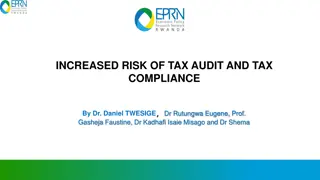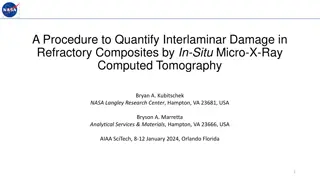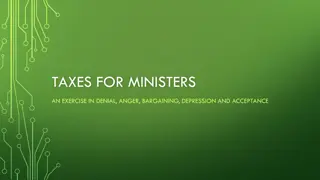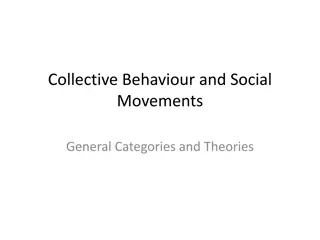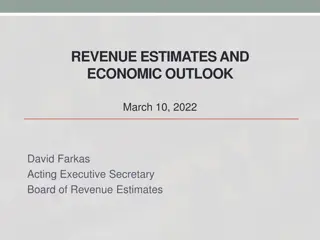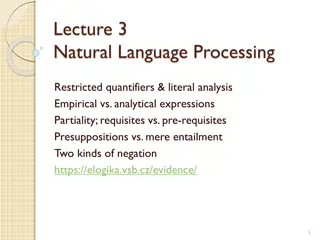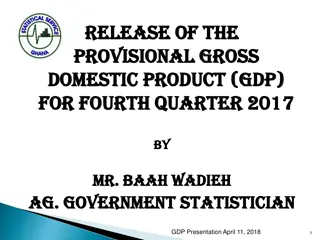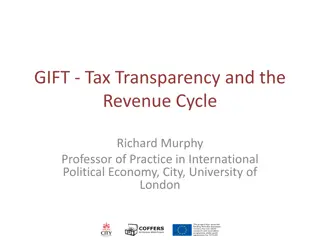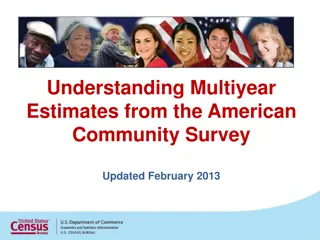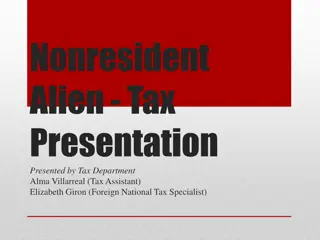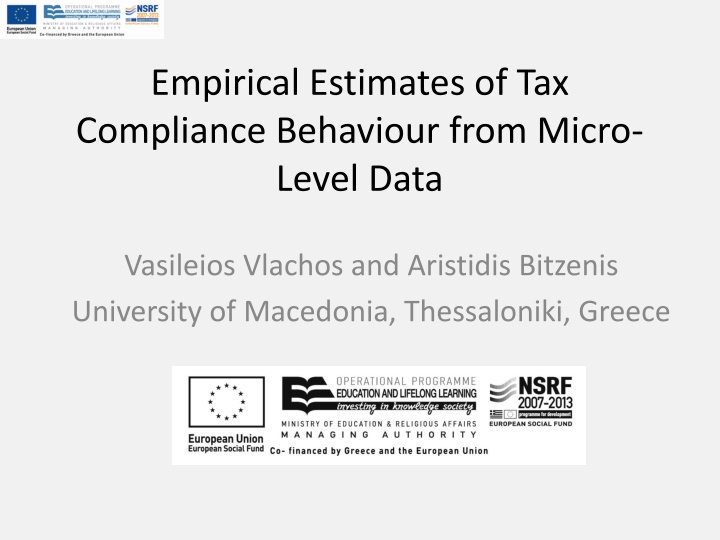
Tax Compliance Behaviour and Small Enterprises Study
Explore the empirical estimates of tax compliance behavior and the impact of the Greek economic crisis on small enterprises. Learn about the determinants of tax compliance from the perspective of small business owners in Greece. The study delves into the challenges faced by SMEs and the factors influencing tax compliance in Greece, using a specific model tailored for the Greek context.
Download Presentation

Please find below an Image/Link to download the presentation.
The content on the website is provided AS IS for your information and personal use only. It may not be sold, licensed, or shared on other websites without obtaining consent from the author. If you encounter any issues during the download, it is possible that the publisher has removed the file from their server.
You are allowed to download the files provided on this website for personal or commercial use, subject to the condition that they are used lawfully. All files are the property of their respective owners.
The content on the website is provided AS IS for your information and personal use only. It may not be sold, licensed, or shared on other websites without obtaining consent from the author.
E N D
Presentation Transcript
Empirical Estimates of Tax Compliance Behaviour from Micro- Level Data Vasileios Vlachos and Aristidis Bitzenis University of Macedonia, Thessaloniki, Greece
Tax compliance of small enterprises in Greece The novelty of this study lies on the fact that this is the first attempt to empirically evaluate the determinants of tax compliance from the enterprises perspectives in Greece.
Greek crisis and SMEs Greek SMEs have borne the brunt of the economic crisis in recent years: SMEs employment fell by 27% and almost one in four of the SMEs that existed in 2008 closed down, reducing the total volume of SME added value by a third of its 2008 levels. SMEs in Greece have also been affected severely and to a disproportionately greater extent from the economic crisis as compared to large enterprises.
Tax compliance of small business owners Kamleitner et al. (2012) identify three key aspects that distinguish small business owners perceptions of their tax situation: they are likely to perceive more opportunities not to comply than employed taxpayers they are more likely to experience a lack of meaningful taxation knowledge they are more likely to face decision frames that render taxes as painful losses.
Method We choose to base our model on the approach of Alm and McClellan (2012). However, unlike their analysis, we focus exclusively on Greece and explore further variables in order to get a more specific picture about small enterprises tax compliance in Greece.
Variables: definitions and frequencies (continued)
Explorations With Insp we explore the effect of inspection on tax compliance; Tax and TaxAdm are proxies for the roles of the tax burden and administration as obstacles to doing business; with Cor1 and Cor2 we explore the effect of corruption; Law1 and Law2 are proxies for the cost of compliance; GProf is a proxy for the effect of revenue and Gen for gender differences. We perform a logistic regression and beside the main effects of all the variables in equation, we explore the interactions of Taxi and TaxAdmi, Cor1i and Cor2i, and Law1i and Law2i in order to determine the differences in differences between these terms.
Logistic regression analyses of Greek small enterprises tax compliance
Findings: Tax burden and administration The tax burden (Tax) increases the chance of non- compliance, while the odds ratio of tax administration (TaxAdm) is negatively related to non-compliance. The interaction between the variables TaxAdm and Tax reveals that when the tax burden is considered an obstacle to doing business (Tax), the odds ratio of non-compliance is eight times greater from that when the tax administration (TaxAdm) is considered an obstacle.
Findings: Corruption Both forms of corruption seem to influence tax non-compliance with the effect of variable Cor2 being much greater. The interaction between the variables Cor1 and Cor2 reveals that when bribing due to unfair treatment is inescapable (Cor2), the odds ratio of non-compliance is three times greater from the additional payment that get things done (Cor1).
Findings: Laws and regulations The fluctuations of variable Law1 across specifications imply that its effect on tax compliance is marginal. On the contrary, the inconsistency and unpredictability of laws and regulations (Law2) are negatively related to tax non-compliance, with statistically significant estimates in all five specifications.
Findings: Laws and regulations (continued) The interaction between the variables Law1 and Law2 reveals that the difficulty of obtaining information on laws and regulations (Law1) increases the odds ratio of non-compliance by 0.6 times more than that when laws and regulations are inconsistent and unpredictable (Law2). In contrast to the other two interactions, this is not statistically significant.
Findings: Revenue and gender With regard to revenue, enterprises with a gross profit (GProf40) of 21% 40% of operating costs, versus those with a gross profit (GProf60) of 41% 60% of operating costs, have a greater odds ratio of non- compliance by approximately 1.3 1.5. On the contrary, enterprises with a gross profit (GProf10) of 1% 10% of operating costs, versus those with a gross profit (GProf60) of 41% 60% of operating costs, have a lesser odds ratio of non-compliance by approximately 0.5 0.7. The fluctuations of variable GProf20 across specifications imply that its effect on tax compliance versus that of variable GProf60 is marginal. With regard to gender, males have a lesser odds ratio of non-tax compliance than females.
Conclusion 1. Corruption in terms of bribing determines non- compliance behaviour in our sample. 2. Inconsistent and unpredictable interpretations of laws and regulations increase non- compliance. 3. Tax burden is far more important obstacle than tax administration complexities. 4. Non-compliance of small enterprises in Greece cannot be evidently considered as a means to survival.



